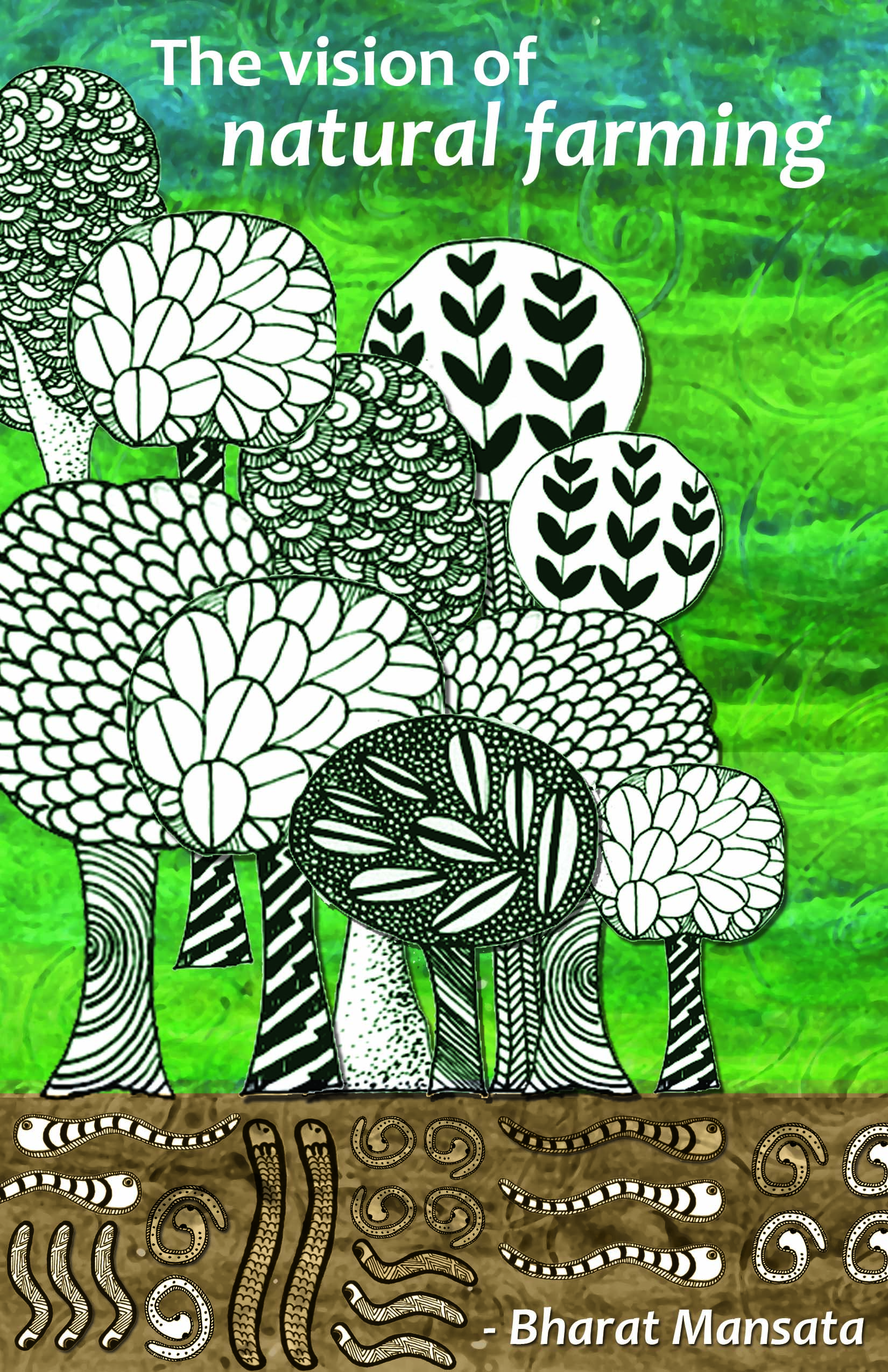Irrigation
Water Resources Engineering and Management - A Civil Engineering Course under the National Programme on Technology Enhanced Learning
Posted on 29 Sep, 2010 07:42 AMThis Civil Engineering Course under the National Programme on Technology Enhanced Learning (NPTEL) on the broad subject of Water Resources Engineering and Management is being carried out by Indian Institute of Technology’s and the Indian Institute of Science, Bangalore as a collaborative project supported by the Ministry of Human Resource Development (Government of India) to enhance the quality of engineering education in the country, by developing curriculum based video and web courses. In these web based lectures, the authors have developed the subject in detail and in stages in a student-friendly manner. The broad group of Water Resources Engineering is structured into modules on the topic by IIT Kharagpur as follows:
Rural development - Mid-term appraisal of the eleventh five year plan - Report by the Planning Commission
Posted on 22 Sep, 2010 06:16 PMThe Eleventh Plan (2007-08 to 2011-12) sought to build on the gains achieved in the Tenth Plan and shift the economy to a path of faster and more inclusive growth. The Mid Term Appraisal (MTA) report for the Eleventh Five Year Plan 2007-2012 by the Planning Commission reviews the experience in the first three years of the Plan and seeks to identify areas where corrective steps may be needed.
Save agriculture in Narmada valley
Posted on 20 Sep, 2010 04:44 PMNarmada valley is facing yet another crisis beyond the gigantic dams, which has arisen due to the huge canal network of the Indira Sagar and Omkareshwar canals. The canals of these two dams are not yet fully planned, yet certain estimates, which are not yet final by the Narmada Valley Development Authority show that not less than 10,000 hectares of agricultural land is to be acquired, but a larger acquisition is yet to come up in numerous villages, where even a basic socio-economic survey of the affected land and families is yet to be undertaken.
"The Vision of Natural Farming" - Book by Bharat Mansata, 2010
Posted on 15 Sep, 2010 03:31 PM
“It is only by mixed organic farming in harmony with Nature that India can sustainably provide abundant wholesome food, and meet every basic need of all – to live in health, dignity and peace.” Bhaskar Save
Guidelines for submission, appraisal and clearance of irrigation and multipurpose projects - Central Water Commission (2002)
Posted on 14 Sep, 2010 09:06 AMThis deals with the guidelines of the Central Water Commission (CWC) for project appraisal of irrigation, flood control and multi-purpose projects for both major and medium projects, with inter-state ramifications revised in 2002. Under the new procedure the concerned State Government, in the initial stage first submits preliminary report covering surveys and investigations, international and inter-state aspects, hydrology, irrigation planning, brief environmental aspects, intended benefits etc., which are obligatory to establish the soundness of the project proposal.
Seeds of Hope – Agriculture and Food Security - A Lokayan and Planning Commission study
Posted on 05 Sep, 2010 10:37 PMThis set of case studies is a part of a book prepared by Lokayan in collaboration with the Planning Commission titled “Seeds of Hope", covering themes of agriculture, biodiversity, education, forestry, governance, health, movements and water. The case studies related to agriculture and food security are summarised below:
Remote sensing and census based assessment and scope for improvement of rice and wheat water productivity in the Indo-Gangetic basin - A working paper by Challenge Program on Water and Food
Posted on 22 Aug, 2010 04:48 PMThis paper by the Challenge Programme for Water and Food (CPWF) presents a simplified approach to combine remote sensing, census and weather data to analyze basin rice and wheat water productivity (WP) in Indo-Gangetic river basin, South Asia. It presents an innovative approach to combine meteorological data, ground survey, national census with remotely sensed imagery to assess water use, yield, and finally crop water productivity for the Indo-Gangetic rice-wheat cropping system in South Asia.
Is irrigation water free? A reality check in the Indo-Gangetic Basin – A working paper by the Challenge Program on Water and Food
Posted on 17 Aug, 2010 09:41 PMThe paper generated under the Challenge Program for Water and Food (CPWF) project explores in some depth a totally different dynamic in the irrigation economy of the vast Indo-Gangetic basin (IGB), an important exception to the global characterization. The global debate on ‘‘water as an economic good’’ presumes that irrigation water supply is delivered, controlled, and priced by public institutions. In the developing world, the price of water is kept so low that water use cost leaves farmers no incentive to use it efficiently.
Indo-Gangetic river basins: Summary situation analysis by Challenge Program on Water and Food
Posted on 16 Aug, 2010 07:37 PMThe paper by the Challenge Programme on Water and Food (CPWF) - Basin Focal Project provides a brief situation analysis related to water, agriculture & poverty, water resources, water productivity, institutional aspects and opportunities & risks related to the development of the Indo-Gangetic basin (IGB). Management of IGB water resources presents some formidable challenges and, therefore, steps must be taken towards integrated management of the IGB’s water and land resources in order to ensure the future sustainability of all production and ecosystems in the basin.
Simple water use accounting of Ganges basin - A working paper by Challenge Program on Water and Food
Posted on 16 Aug, 2010 05:50 PMThis paper deals with basin water use accounting and is a contribution to the synthesis work of the CGIAR Challenge Program on Water and Food (CPWF) Basin Focal Projects. It applies principles of water use accounts, developed in the first of the series to the Ganges river basin in South Asia. It provides a means to assess the interactions between water, food, poverty, and the environment and helps develop sound information about water availability in a basin, where it goes and how it is used.





